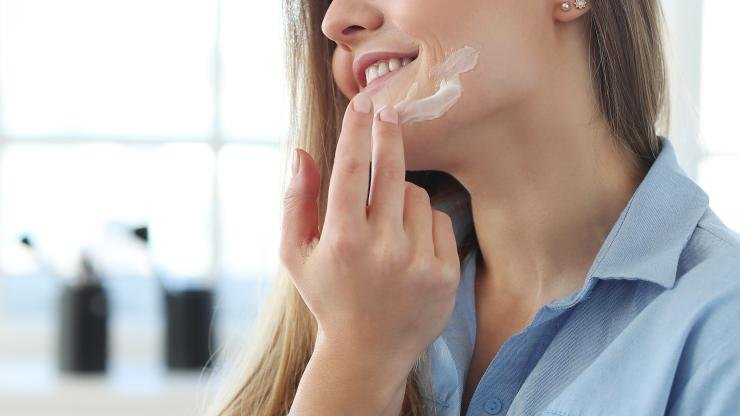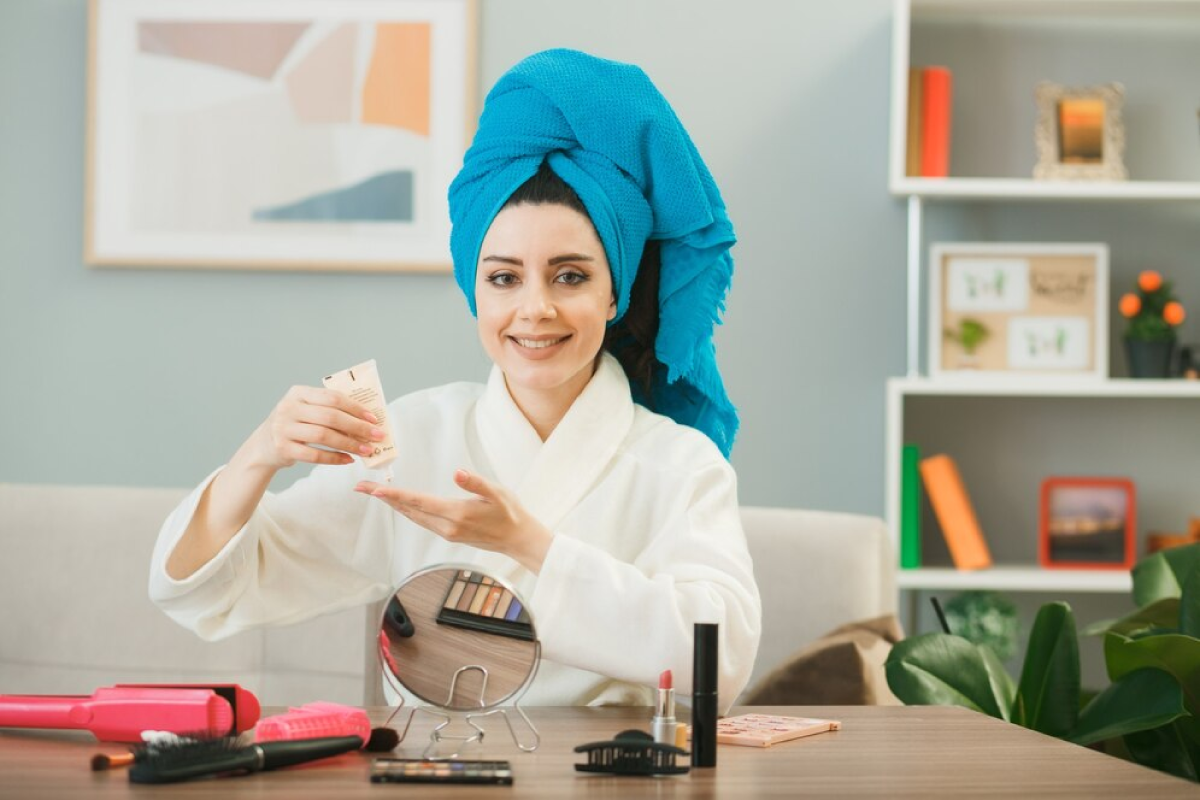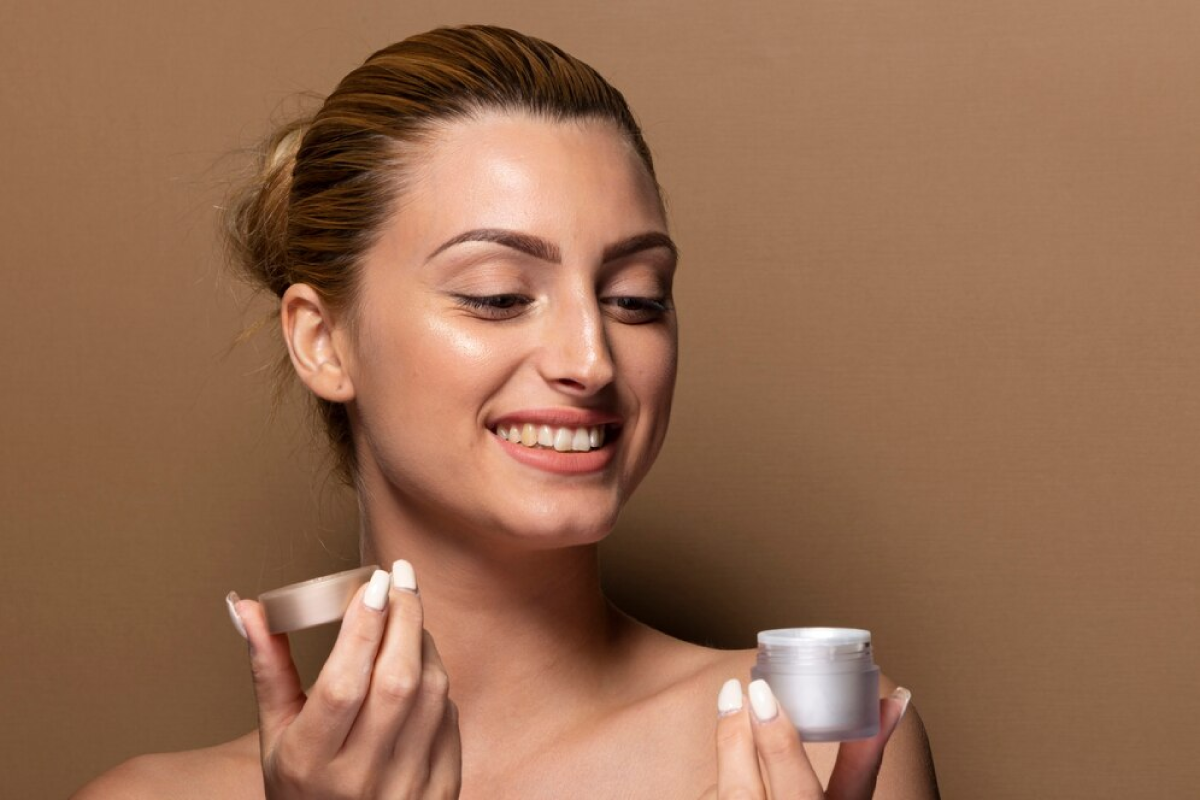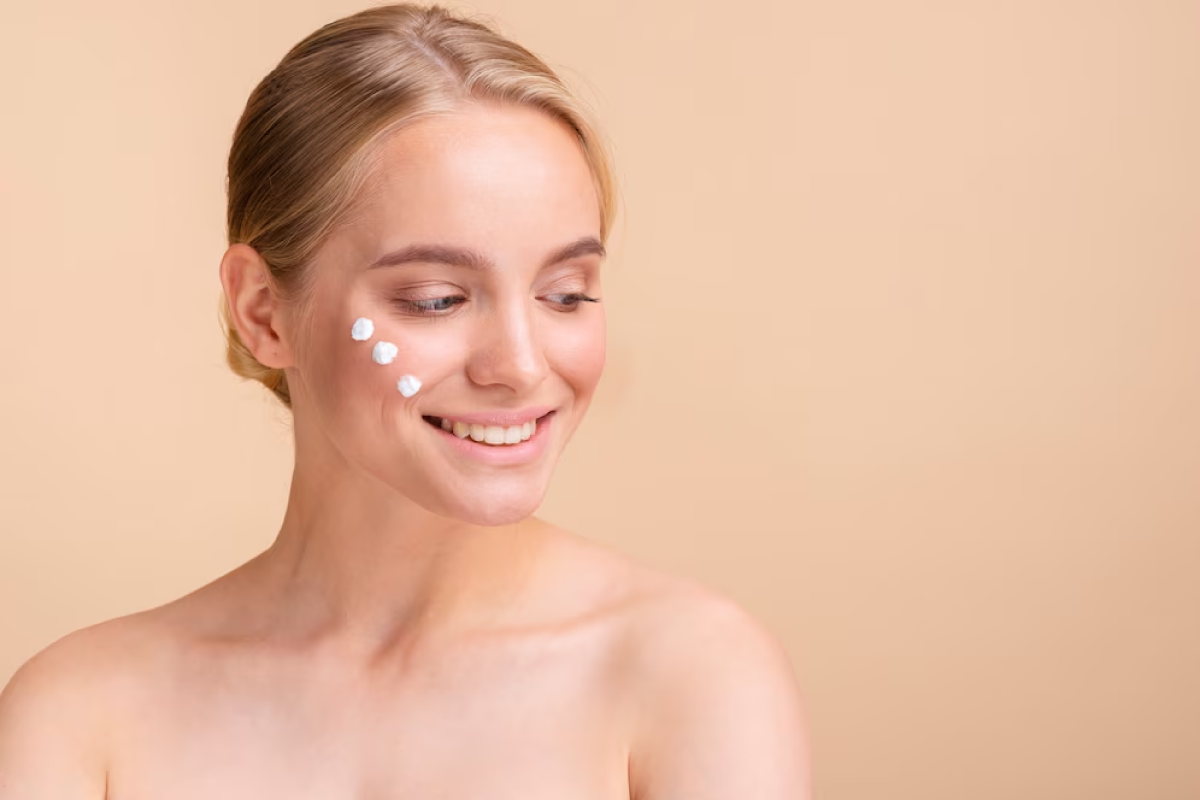A Skin Cream That’s Proven To Work

-
Ibrahim Hemdan
-
May 29, 2024
-
1,842
People buy nonprescription wrinkle creams and lotions with the hope that these products can reduce wrinkles and prevent or reverse damage caused by the sun. Do they work? That often depends on what’s in the product and how long you use it. Because these types of wrinkle creams aren't classified as medicine, they aren't required to undergo scientific research to prove their effectiveness.
If you're looking for a face-lift in a bottle, you probably won't find it in nonprescription wrinkle creams. The benefits of these products are usually only slight.

- Retinols. This is a product made from vitamin A compounds. It is weaker than a retinoid, which is in many products that require a prescription. Examples are The Ordinary Retinol 0.5% in Squalane and CeraVe Resurfacing Retinol Serum. Retinols and retinoids are not safe to use while pregnant.
Vitamin C (ascorbic acid). Vitamin C doesn't help much on its own but when added to a wrinkle serum and used regularly, it reduces damage from the sun and pollution and reduces skin discoloration. Vitamin C helps your skin produce collagen too.
Examples of vitamin C serums are CeraVe Vitamin C Face Serum and La Roche-Posay Vitamin C Anti-Aging Serum. Look for the ingredient L-ascorbic acid. Store your vitamin C product away from air and sunlight to make it last longer.
- Niacinamide (NYE-a-sin-a-mide). This substance is related to vitamin B-3 (niacin). It's used in serums, masks, moisturizers and wrinkle creams. It may reduce signs of aging and skin discoloration. And it can have a calming effect on the skin, making your skin more able to benefit from other ingredients in your cream. Apply it two times a day.

- Cost. Cost has no relationship to effectiveness. A wrinkle cream that's more costly may not be more effective than a less costly product.
- Lower doses. Skin products that you can buy without a prescription contain lower concentrations of active ingredients than do prescription creams. So you might not see results, and any change you do see might be short-lived.
- Daily use. You'll likely need to use the wrinkle cream once or twice a day for many weeks before noticing any change in your skin. And once you discontinue using the product, your skin is likely to return to the way it looked before.
- Side effects. Some products may cause skin irritation, rashes, burning or inflammation. And some products cannot be used while pregnant. Be sure to read and follow the product instructions to limit side effects. It may help to select products that don't cause allergic reactions and acne. You might see these labeled hypoallergenic and noncomedogenic. Choose products that offer a consumer help line in case you have questions.
- Individual differences. Just because your friend swears by a product doesn't mean it will work for you. People have different skin types. No one product works the same for everyone.

Your anti-wrinkle skin care routine
Anti-wrinkle serums and creams may make tiny wrinkles less noticeable. Your results may depend on how often you use a product, the type and amount of active ingredient in it, and the type of wrinkles you want to treat.
But if you want to take the guesswork out of your skin care routine, try these more reliable ways to care for your skin:
Protect your skin from the sun. Exposure to UV light speeds up the natural aging process of your skin, causing wrinkles and rough, blotchy skin. In fact, sun exposure is the No. 1 reason for signs of aging in the skin, including uneven pigmentation. Protect your skin by limiting the time you spend in the sun and always wearing protective clothing and a hat. Also, use sunscreen on exposed skin year-round when outdoors
. Choose products with built-in sunscreen. Use a broad-spectrum sunscreen with an SPF of at least 30, even on cloudy days. Many moisturizers and makeup products have sunscreen built in. So try to pick a morning moisturizer or foundation that already includes sunscreen SPF 30 or higher. And get in the habit of using it every day. Especially when you're outside, apply sunscreen generously. Reapply every two hours, or more often if you're swimming or sweating.
Products that contain physical blockers such as zinc oxide and titanium oxide provide the most effective protection for sensitive skin. Examples include Eucerin SPF 50, La Roche-Posay SPF 50 and Tizo AM Replenish. Apply it over any other products you're wearing — except insect repellent. Insect repellent goes on last.










